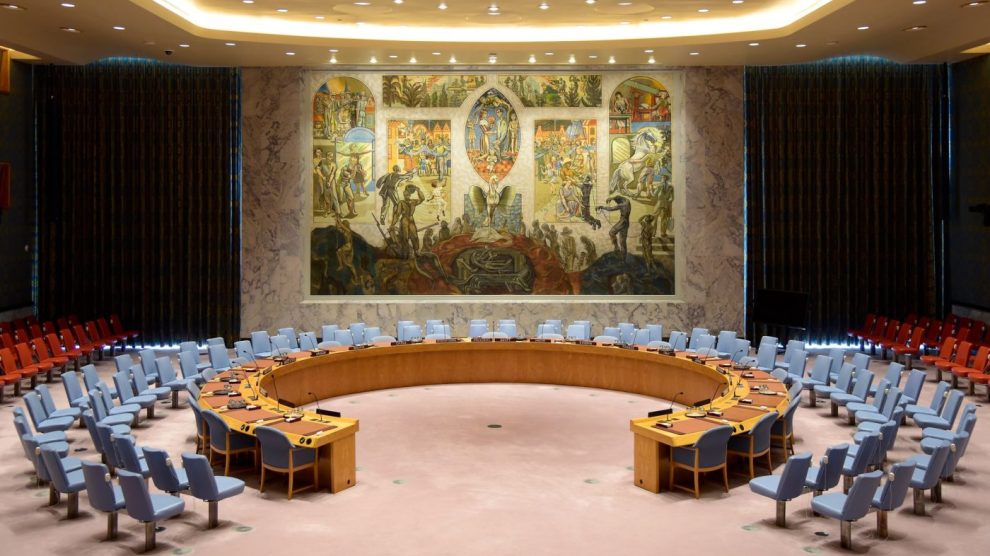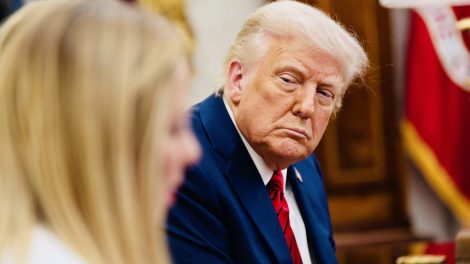Rethinking the United Nations Security Council is among the foreign policy objectives of the Meloni government and Italian diplomacy. The “Uniting for Consensus” group, led by Italy, is pushing forward a reform project for a more democratic, accountable, representative, transparent and effective UNSC.
- Giorgio Silli, Undersecretary of State for Foreign Affairs, touched upon the matter on Monday, when he met – on the instructions of Antonio Tajani, Deputy-Prime Minister and Minister of Foreign Affairs – with a delegation from the US Congress, led by Steve Cohen, co-chairman of the Helsinki Commission, at the Italian Ministry of Foreign Affairs.
Zooming in. Maurizio Massari, Permanent Representative of Italy to the United Nations, recently told PassBlue that the Uniting for Consensus group’s proposal would strengthen regional representation and allow for a fairer geographical distribution.
- “Under the plan, Africa would gain six seats, Asia-Pacific five, Latin America and the Caribbean four, and Western and Eastern Europe three and two, respectively. A rotating seat should be reserved for small islands and smaller countries,” he explained.
- Also, the plan bars adding permanent seats with veto rights. “Seventy-seven years of UN history show that permanent members are only answerable to themselves,” added the diplomat.
Talks in New York (and with China). FM Tajani will also address the issue of reforming the UNSC during his four-day mission to the United States. His agenda includes participating in Thursday’s emergency special session on Ukraine at the UN General Assembly, which will entail voting on Ukraine’s proposed resolution for peace.
- The event will also be the occasion for a number of bilateral meetings, including with Antonio Guterres, UN Secretary-General, and Csaba Kőrösi, President of the General Assembly.
- FM Tajani also discussed the matter with Wang Yi, head of diplomacy of the Chinese Communist Party, during his recent meeting in Rome. Later, he “expressed appreciation for the fruitful and ongoing cooperation between Italy and China” on the issue.
Tracing it back. The reform project stems from the so-called Coffee Club, a group of countries set up in 1995 to oppose the increase in the number of permanent members of the Security Council and to favour the expansion of non-permanent seats instead.
- Francesco Paolo Fulci, Italy’s Permanent Representative to the United Nations from 1993 to 1999, came up with the original idea.
- In the 2000s, that idea became a working group, Uniting for Consensus, created by the GA, co-coordinated by Italy and comprising Argentina, Canada, Colombia, Costa Rica, Malta, Mexico, Pakistan, the Republic of Korea, San Marino, Spain and Turkey.
- The Russian invasion of Ukraine has revived the debate, especially in light of the many vetoes placed by Moscow – one of the five permanent members of the UNSC.




